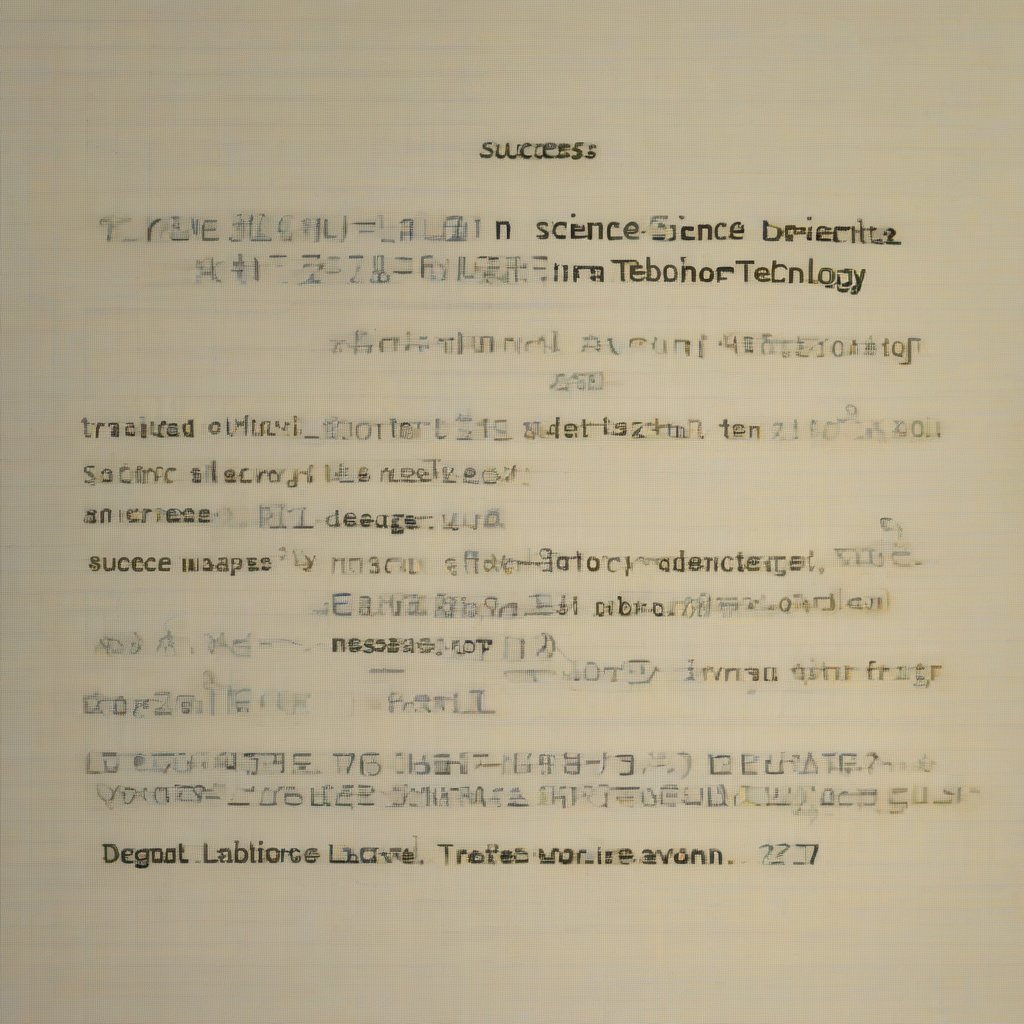Unlocking Your Future: A Comprehensive Guide to Bachelor Degree Durations
The pursuit of a bachelor’s degree is a significant undertaking, representing years of dedicated study and personal growth. Understanding the timeframe involved is crucial for effective planning, budgeting, and career trajectory. This comprehensive guide delves into the varying durations of bachelor’s degrees, exploring the factors influencing completion time and providing insights for prospective students.
Standard Bachelor’s Degree Duration
In most countries, a standard bachelor’s degree program takes three to four years of full-time study to complete. This is based on a system of academic semesters or quarters, with students typically taking a set number of credit hours per term. This standard duration assumes consistent progress, successful completion of all required courses, and timely graduation.
However, this “standard” is a broad generalization. The actual time to graduation can vary significantly based on several factors discussed in detail below.
Factors Affecting Bachelor’s Degree Completion Time
- Full-time vs. Part-time Study: Full-time students typically complete their degree within the standard three-to-four-year timeframe. Part-time students, however, may take five, six, or even more years to graduate, depending on their course load and personal commitments.
- Academic Program Intensity: Some bachelor’s programs are more demanding than others. Engineering, medicine, and architecture programs often require more intensive coursework, lab work, and clinical experience, potentially extending the completion time beyond the standard four years.
- Credit Transfer: Students who transfer credits from previous academic work, such as associate degrees or community college courses, can potentially shorten their time to graduation. The acceptance and transferability of credits can vary significantly between institutions.
- Course Selection and Scheduling: Careful course selection and strategic scheduling can optimize progress toward graduation. Students should work with academic advisors to develop a plan that aligns with their academic goals and personal circumstances.
- Academic Performance: Students who struggle academically may need to repeat courses or take longer to meet graduation requirements. Seeking academic support and utilizing campus resources can significantly improve academic performance and reduce the overall time to degree completion.
- Personal Circumstances: Life events, such as illness, family responsibilities, or financial difficulties, can significantly impact the pace of academic progress. Flexibility and resilience are crucial in navigating these challenges.
- University Policies and Requirements: Each university has its own specific policies and graduation requirements. Some institutions may have more stringent requirements, which can extend the time needed for graduation. Understanding these requirements early on is essential.
- Internships and Co-ops: While internships and co-op experiences offer valuable professional development, they can also extend the time to graduation if they require time off from regular coursework.
- Study Abroad Programs: Participating in study abroad programs is an enriching experience but it often adds to the overall time to graduation, as students need to plan for the time spent studying abroad and potentially adjust their course schedule accordingly.
- Research Projects: Undergraduate research projects, particularly those leading to a thesis or capstone project, can significantly lengthen the time required to complete a bachelor’s degree, especially if the project is extensive or requires significant data collection and analysis.
Bachelor’s Degree Duration by Country
While the three-to-four-year timeframe is common in many countries, there are variations:
- United States: Typically four years for full-time study.
- United Kingdom: Typically three years for full-time study.
- Canada: Typically four years for full-time study.
- Australia: Typically three years for full-time study.
- Many European Countries: Three to four years, depending on the specific program and country.
It’s crucial to research the specific requirements of the university and program you are interested in, as durations can vary even within a single country.
Accelerated Bachelor’s Degree Programs
For students seeking to complete their bachelor’s degree faster, accelerated programs are available. These programs typically involve taking more courses per semester or attending summer sessions. However, accelerated programs can be more demanding and require significant dedication and time management skills.
Consequences of Extended Completion Time
While there are valid reasons why some students take longer to graduate, it’s important to consider the potential consequences of extended completion time:
- Increased Tuition Costs: The longer a student takes to graduate, the higher the overall tuition costs will be.
- Delayed Career Entry: Graduating later means delaying entry into the workforce and potentially missing out on early career opportunities.
- Potential for Increased Debt: Extended completion times can lead to higher student loan debt.
Strategies for Timely Graduation
Prospective and current students can take several steps to maximize their chances of graduating on time:
- Careful Academic Planning: Work with academic advisors to create a well-structured course plan that aligns with graduation requirements.
- Time Management Skills: Develop strong time management skills to balance academics, work, and personal life effectively.
- Proactive Problem Solving: Address academic challenges promptly by seeking help from professors, tutors, or academic support services.
- Consistent Effort: Maintain consistent effort throughout the program to avoid falling behind.
- Seek Support When Needed: Don’t hesitate to seek support from family, friends, academic advisors, or mental health services when needed.
Ultimately, the duration of a bachelor’s degree is a highly individualized journey. Understanding the factors that can influence completion time, coupled with proactive planning and effective time management, is key to achieving academic success and realizing career aspirations within a reasonable timeframe.




